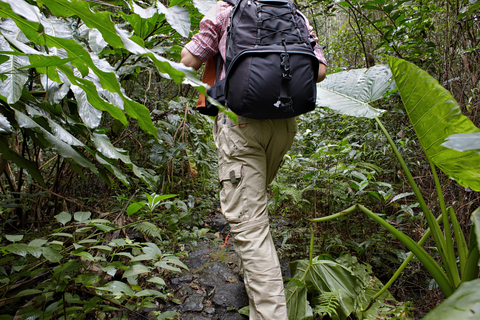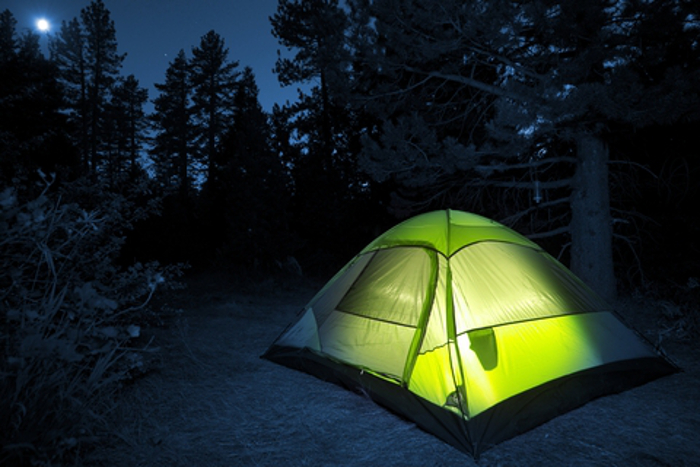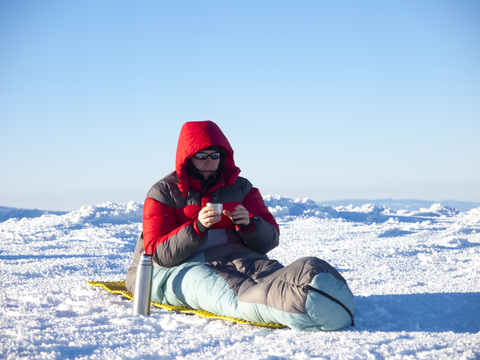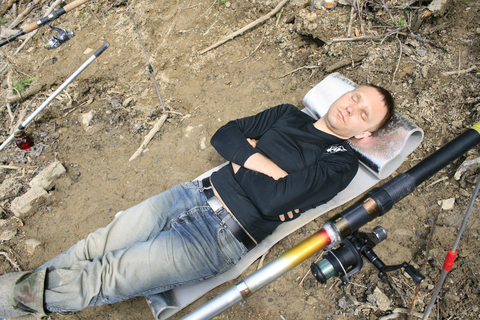Ultralight backpackers live for minimizing the amount of gear they take with them into the backcountry. Shaving pounds off your pack to lighten the load is not always easy, especially when it comes to the must-haves. Here are some essential ways to shed weight even on the largest camping gear you’re likely to carry: backpack, tent, sleeping bag and pad.
Ultralight Camping
-
Backpack

Even larger backpacks can be lightweight. A 65-liter pack offers plenty of room for a three-day trip. REI’s Flash 62, for instance, weighs under three pounds and can still hold loads of gear. Keep in mind, too, that lighter packs tend to use lighter materials, and may not be as durable as traditional packs.
-
H

Hardcore minimalists often use tarps as their rain shields, and when it comes to bugs, they simply deal with it. However, not everyone will go that route. For those who require a tent, the lightest two-person tents on the market nowadays weigh in around two pounds, such as Big Agnes' Slater UL2. During warmer seasons, many ultralight enthusiasts pack a hammock instead of a tent, and bring along a bug net for pests, and a tarp for when it rains.
-
Sleeping bag

There are ultralight sleeping bags available that weigh between 20 and 30 ounces. These bags are designed for warm weather, though, which means that while they’re lightweight, they may not do the job when temperatures drop at night. If you tend to get colder at night and can afford a few more pounds on your back, I’d upsize to a thicker sleeping bag or bring a flannel sheet to use as a liner.
© Zhukovvvlad | Dreamstime.com - A Man Sits In A Sleeping Bag. Photo
-
Sleeping pad

Let’s face it; the ground can be hard, rocky, and unforgiving on your back. This is where sleeping pads come in handy. Self-inflating foam pads have been favorites for decades, and if you don't mind applying your lungs to blow up your pad, there are plenty of lightweight inflatable pads available. If you don’t have the space, some ultralight backpackers skip the sleeping pad altogether and instead use foliage as a pad, or simply clear away the rocks.








